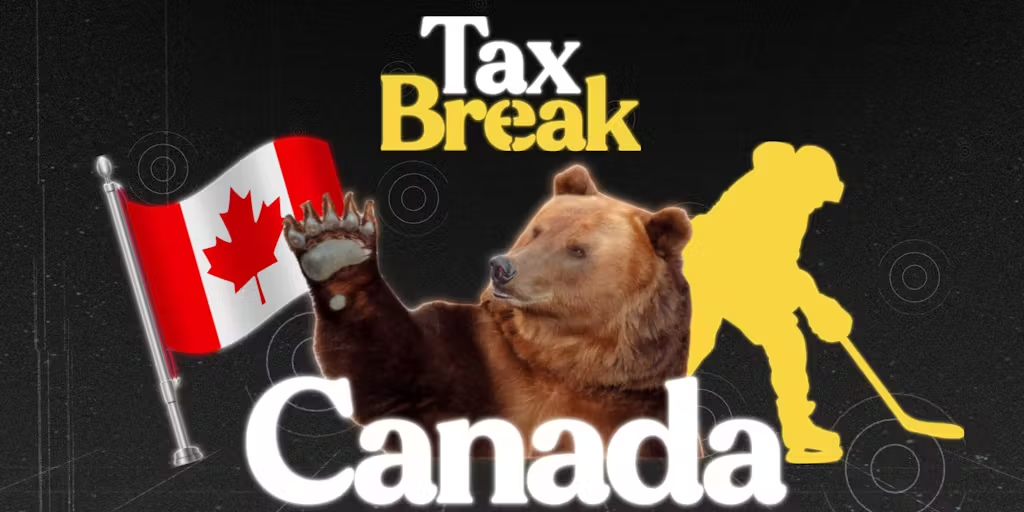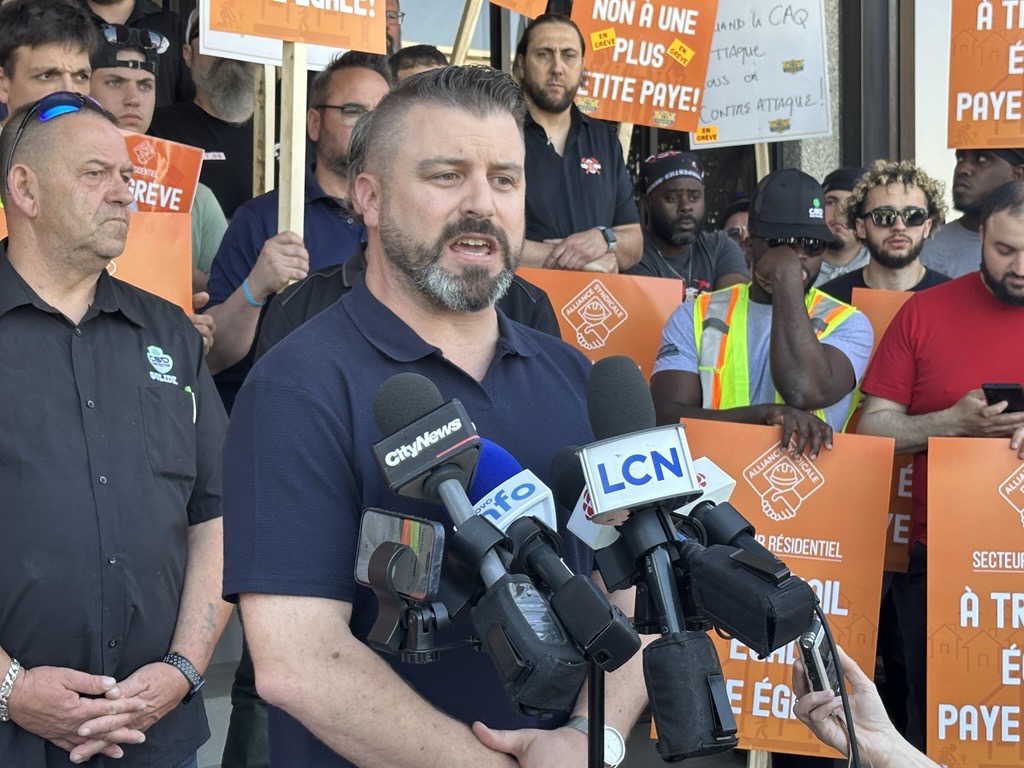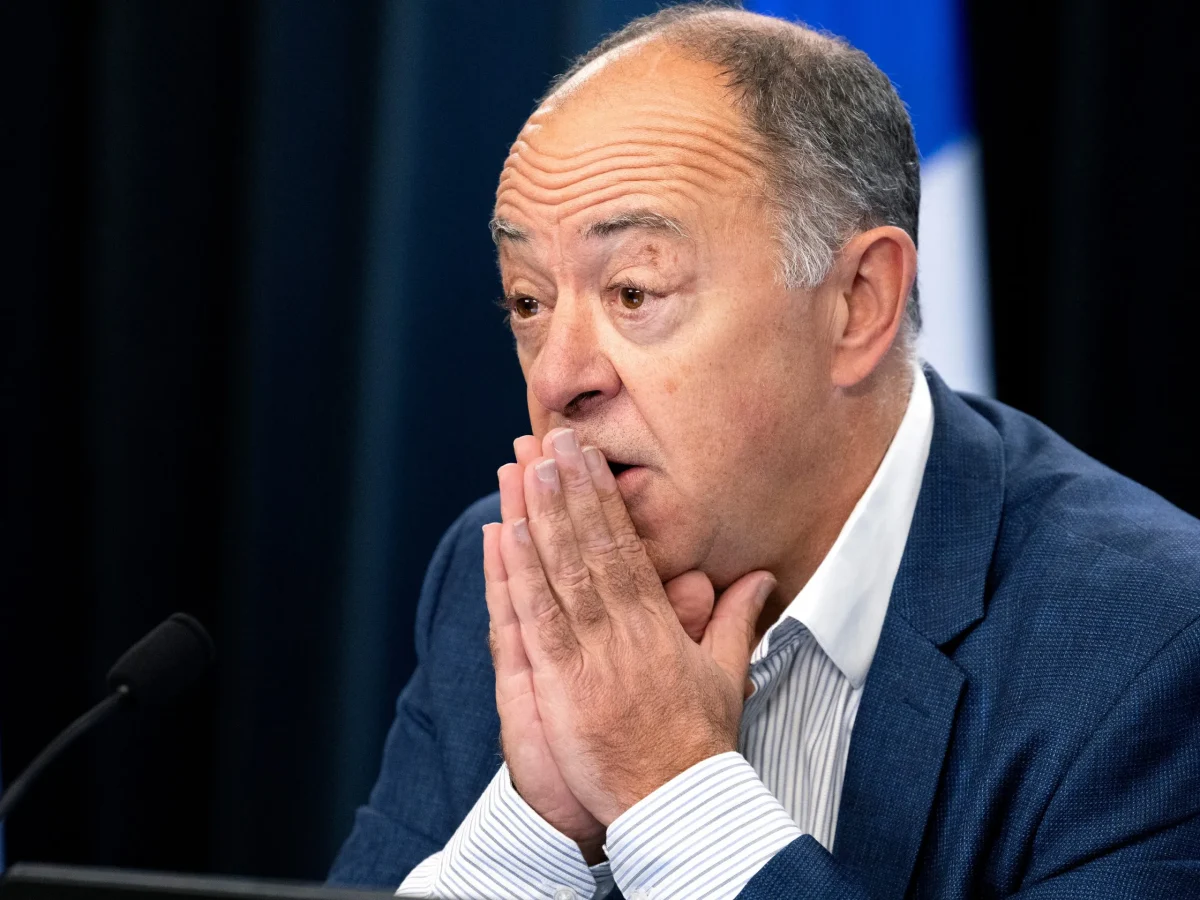On November 21, the government proposed that the GST/HST would be fully and temporarily removed on holiday essentials. This is going to include groceries, drinks, snacks, restaurant meals, children’s clothing and gifts. It will last two months, from December 14, 2024, to February 15, 2025
The tax relief will make a big difference for Canadians, it will provide a big relief at the cash register. It’s an early Christmas gift for consumers and some small businesses, while others are expressing disappointment
Indeed, some provinces say they could lose millions of dollars to federal tax break. Prime minister Susan Holt says the federal tax holiday on some goods could cost New Brunswick $62 million in revenue.
The tax cut has triggered a wave of discussion across Canada’s provinces, with varying reactions from provincial governments, business leaders, and the public.
In Saskatchewan, Prime minister Scott Moe thinks that the tax relief would be a boost for business confidence. The province which has faced economic volatility in recent years, sees the tax break as a step toward economic recovery and job creation.
In Ontario, reactions have been more mixed. Premier Doug ford’s government expressed cautious support. However, Ontario’s Finance Minister, Peter Bethlenfalvy, warned that the province needs to keep a close eye on its finances. “While tax cuts can stimulate growth, we must ensure that the provinces are not left to shoulder the burden of decreased federal revenues,” he said. The reduced federal tax revenue could impact the payments that fund healthcare and education.
In Quebec, the reaction has been more critical. Prime minister François Legault, raised concerned that the federal tax cuts could undermine public services.”Tax breaks for the wealthy are not what Quebec needs right now,” Legault stated.
Quebec’s provincial tax system, which is distinct from the federal system, means that the province has the power to adjust its own rates, and Legault indicated that Quebec might look to introduce its own measures to balance the effects of the federal cuts.
Meanwhile, in British Columbia, the debate has focused on the broader impact of the tax cuts on the cost of living. Premier David Eby is concerned that while the tax relief might benefit some, housing and other living costs are going to continue to rise. The tax cut is not going to put a roof over the heads of families who are struggling.
Working Canadians are also going to get cash back. Indeed, Canadians who worked in 2023 and earned up to 15o,ooo $ will get a 250$ cheque. This is for those who worked hard to beat inflation. This will give 18.7 million Canadians an extra help to buy what they need.
With these measures taken, Canadians are going to have more facility to buy gifts and groceries for their family









